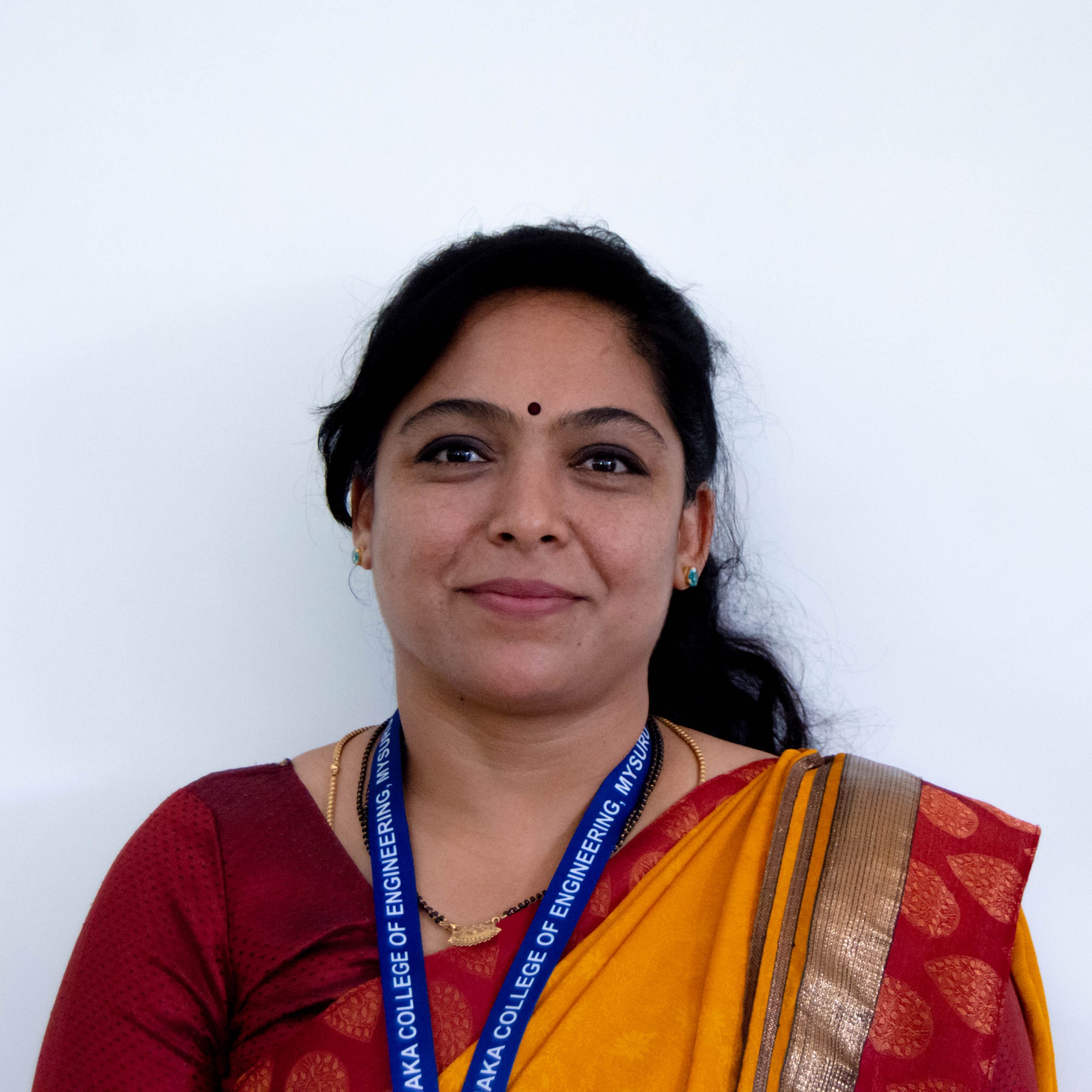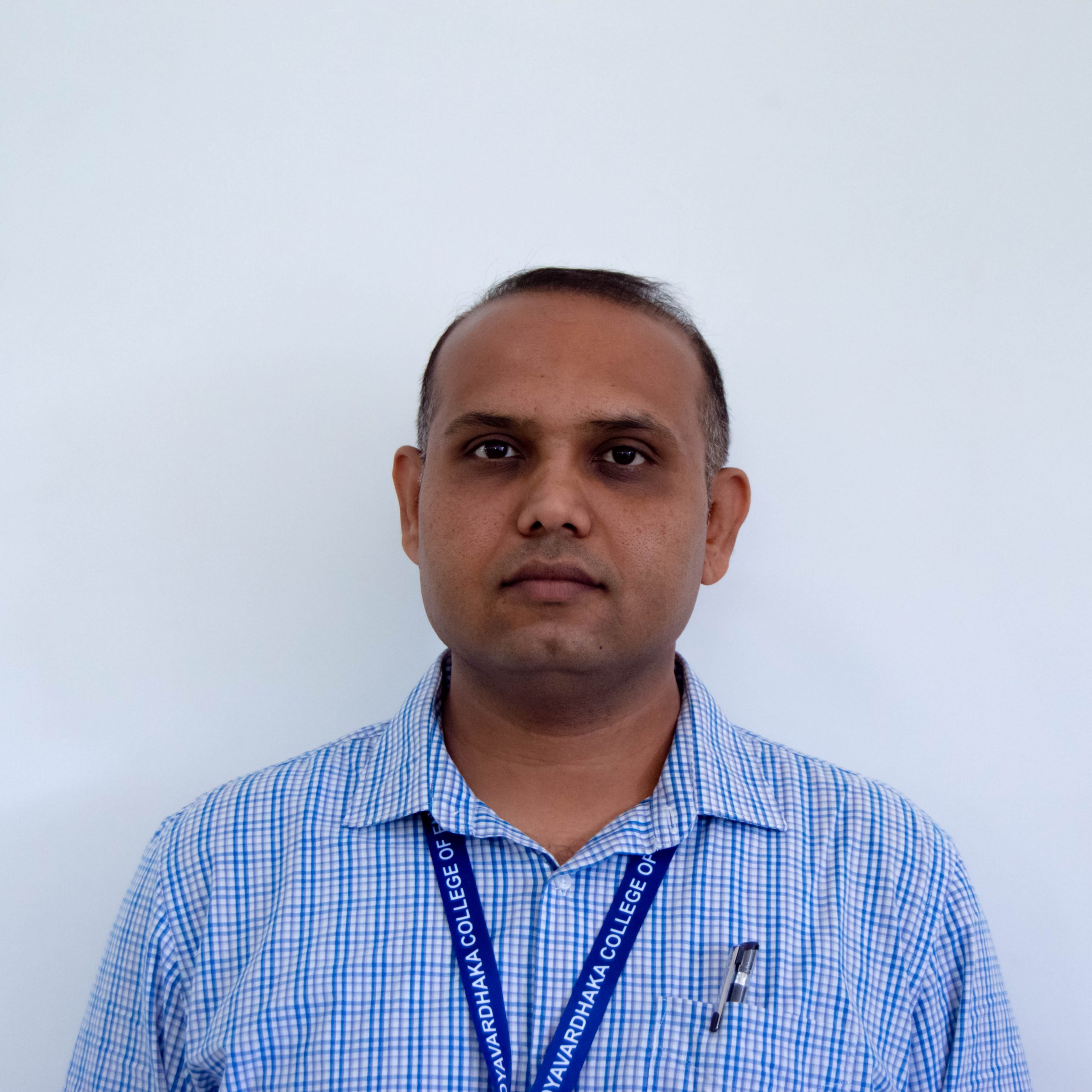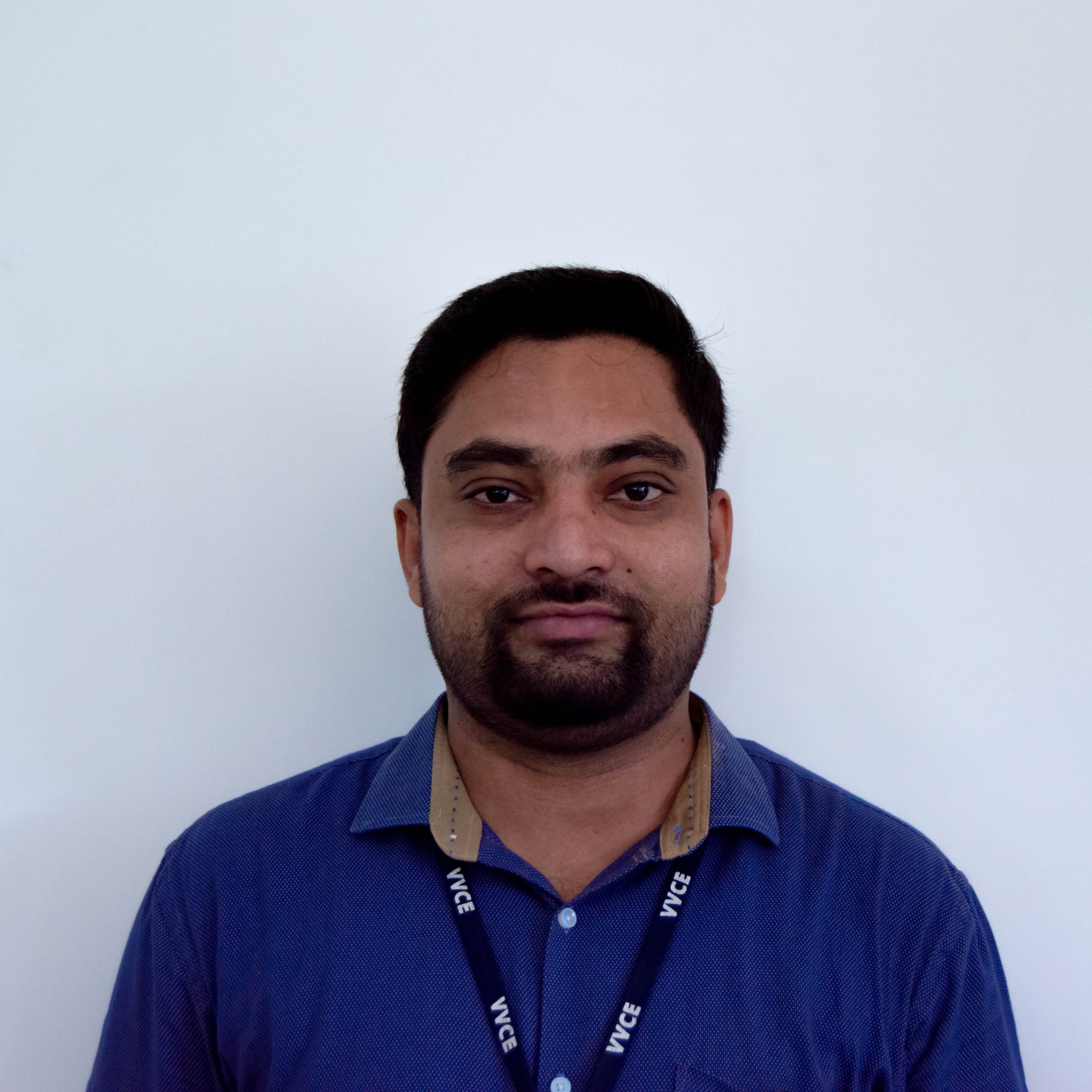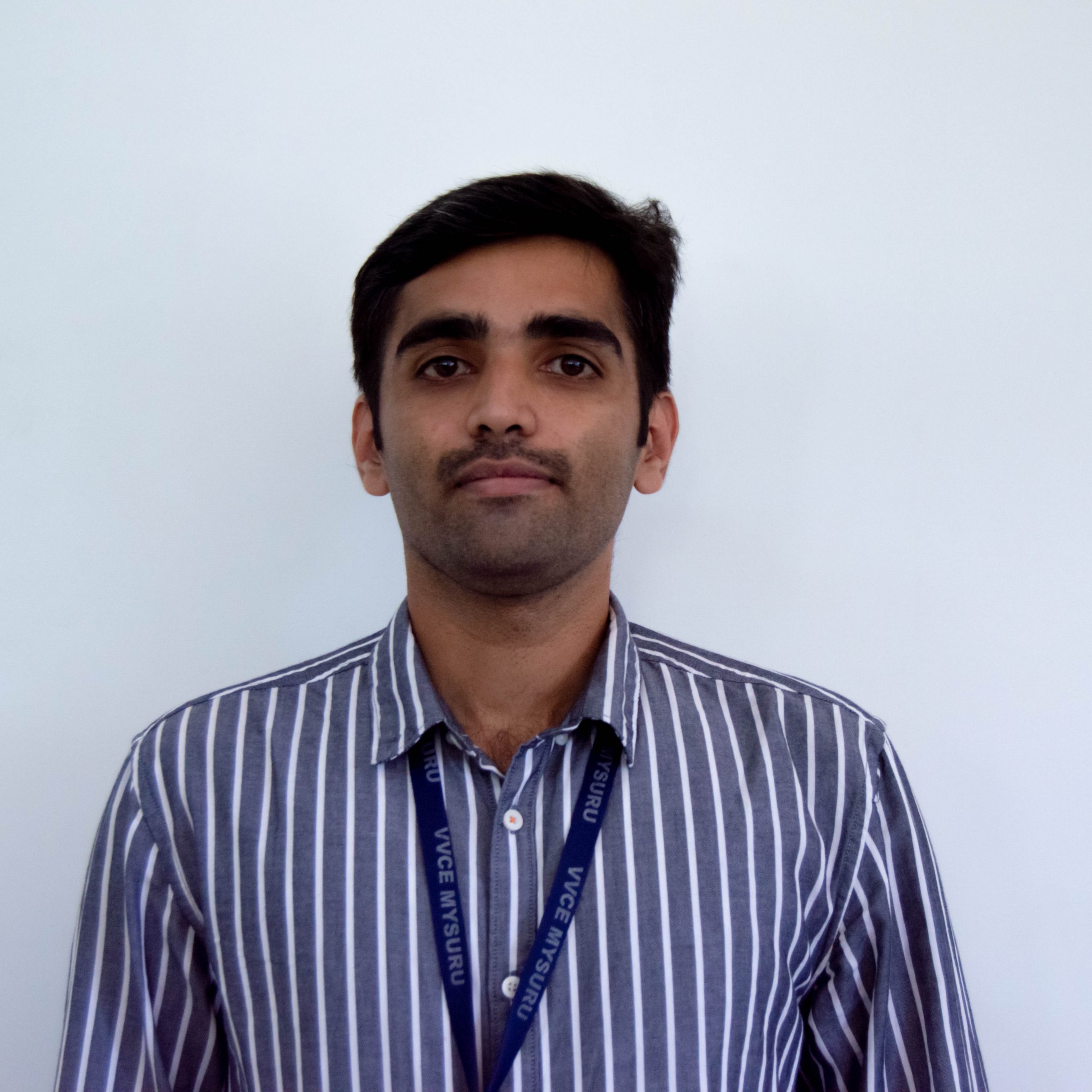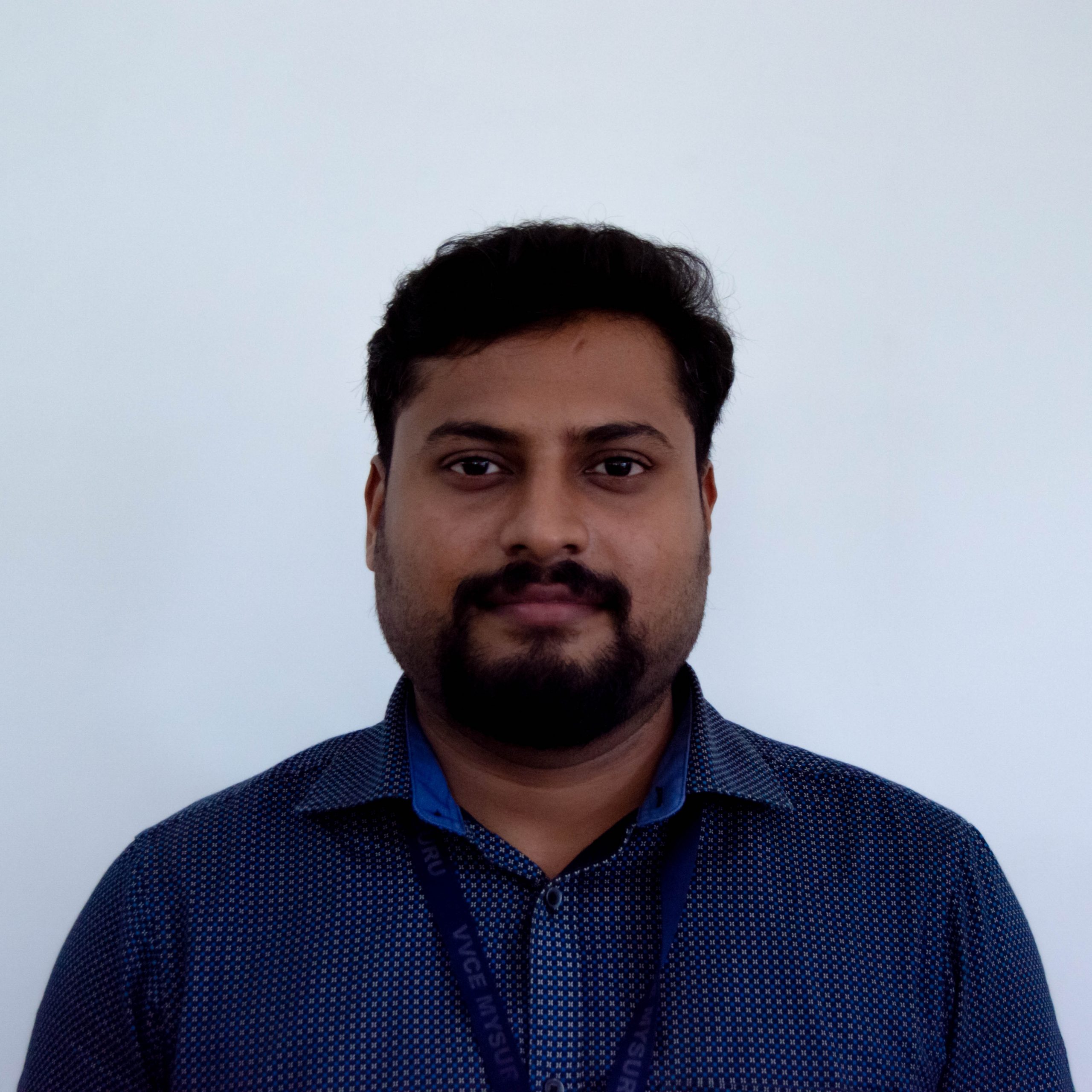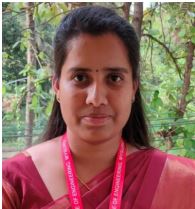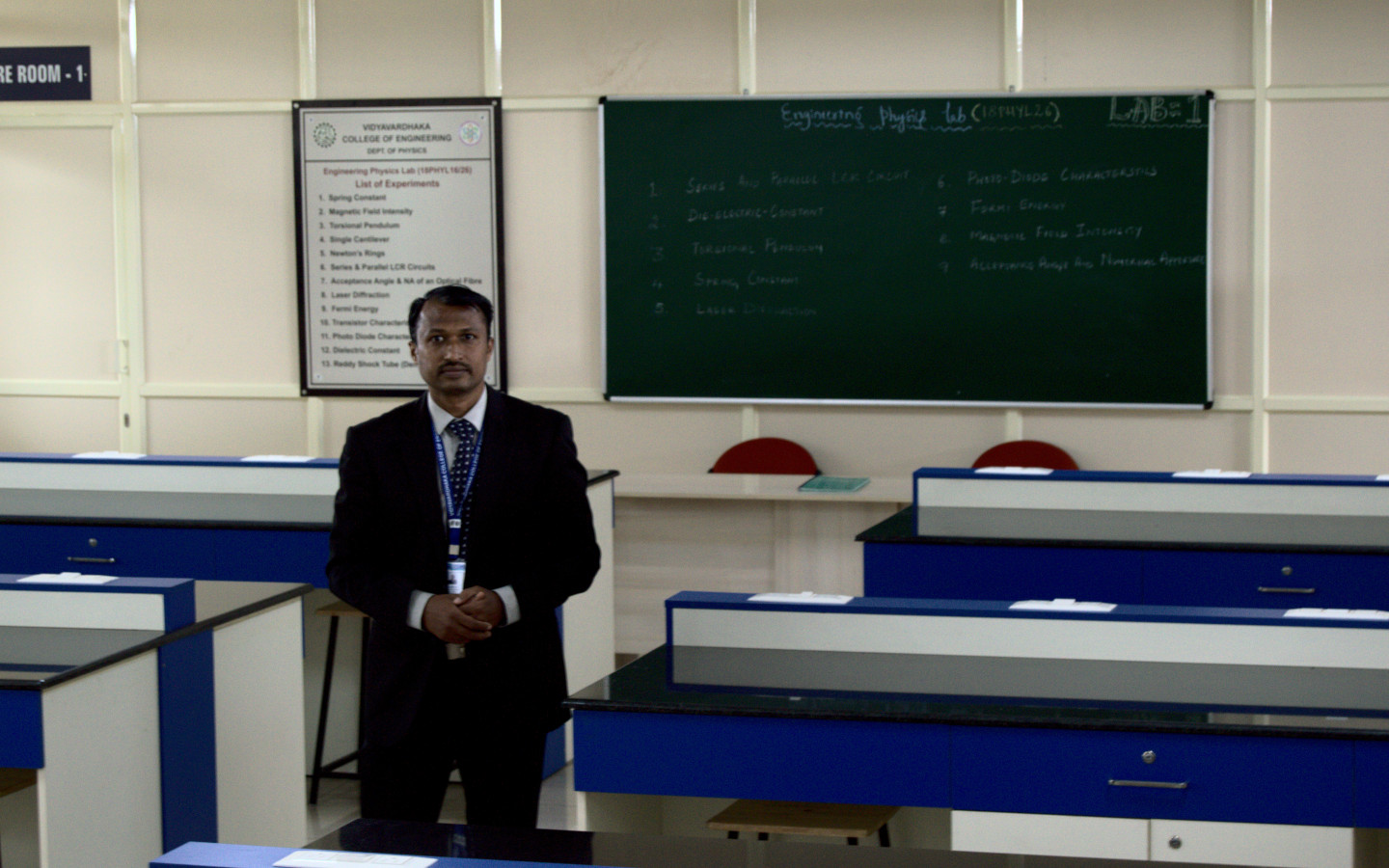
Department of Physics
Welcome to the Department of Physics at VVCE, Mysuru. The Department of Physics was established in the year 1997. The Department of Physics not only offers the students to explore fundamental physics but also promote interdisciplinary research work. The Department is working hard towards providing innovative and quality education through its dedicated and experienced teaching faculty members. The research work of the Department is contributing strongly across disciplines that include Material Science, Semi-Conductor devices, Reliability Studies, Cryogenic Properties, Nanomaterials, Crystallography, Polymers etc.
Vision
Engineering Physics shall provide basic fundamentals and strengthen individual’s contribution to the technological development in Engineering program
Mission
- To provide basic fundamentals of Science through competent and motivated staff
- To stimulate their technical knowledge by imparting basics of Engineering Physics
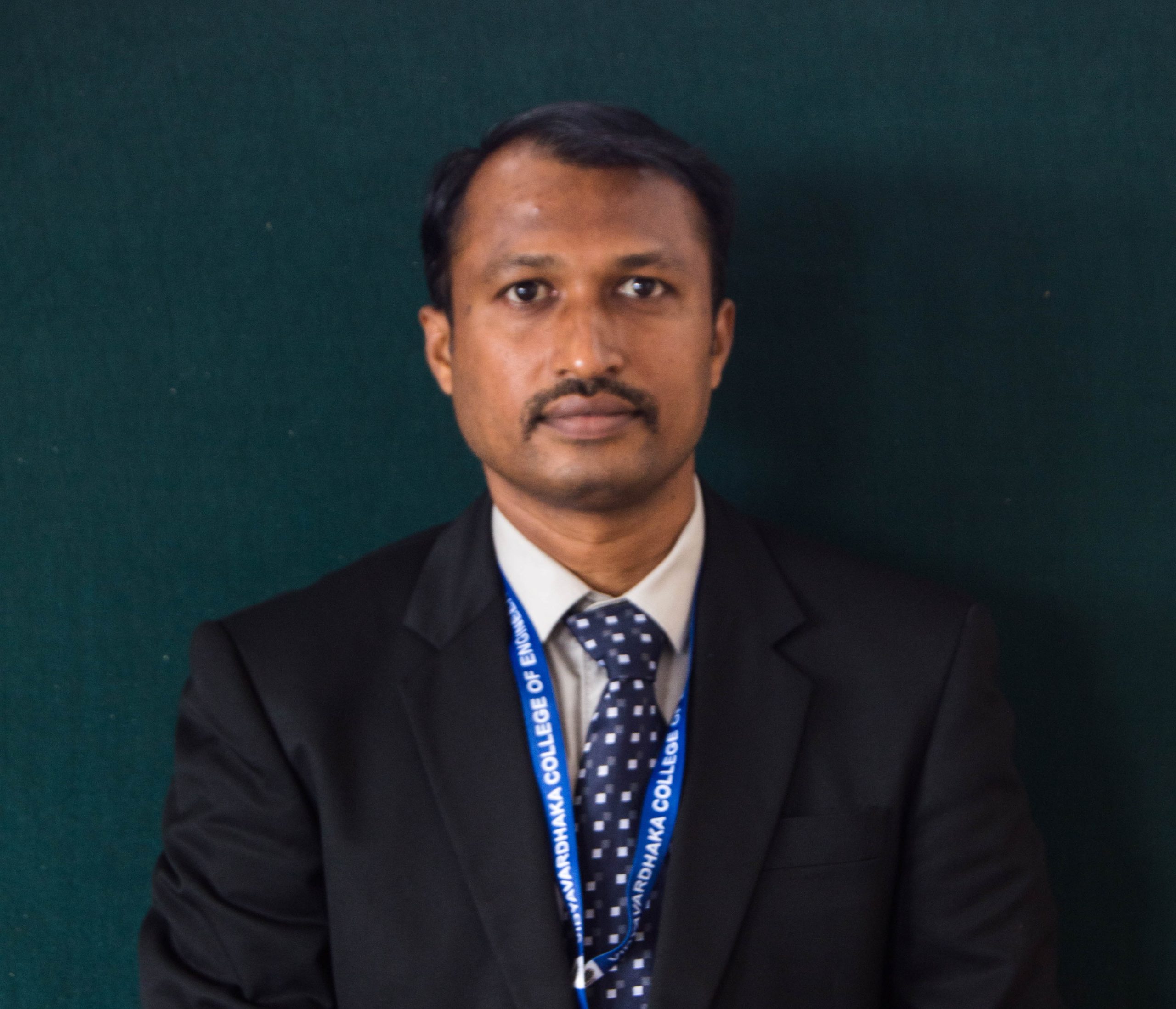
Resources
Lab Experiments VideosCourse Outcomes
After completing the course, the students will be able to,
CO 1: Describe the fundamental ideas of photonic devices, oscillations, waves, elasticity, and crystallography.
CO2: Apply the concepts of lasers, shock waves, elasticity, and crystallography to tackle engineering problems.
CO3: Analyze the physico-mechanical and electrical properties of metallic and non-metallic materials.
CO4: Conduct the experiments related to mechanical, electrical, and thermal properties of materials effectively.
Program Outcomes (PO’s)
1. Engineering Knowledge: Apply the knowledge of mathematics, science, engineering, fundamentals, and an engineering specialization to the solution of complex engineering problems.
2. Problem analysis: Identify, formulate, review research literature, and analyze complex engineering problems reaching substantiated conclusions using first principles of mathematics, natural sciences, and engineering sciences.
3. Design/development of solutions: Design solutions for complex engineering problems and design system components or processes that meet the specified needs with appropriate consideration for the public health and safety, and the cultural, societal, and environmental considerations.
4. Conduct investigations of complex problems: Use research-based knowledge and research methods including design of experiments, analysis and interpretation of data, and synthesis of the information to provide valid conclusions.
5. Modern tool usage: Create, and apply appropriate techniques, resources, and modern engineering and IT tools including prediction and modeling to complex engineering activities with an understanding of the limitations.
6. The engineer and society: Apply reasoning informed by the contextual knowledge to assess societal, health, safety, legal and cultural issues and the consequent responsibilities relevant to the professional engineering practice.
7. Environment and sustainability: Understand the impact of the professional Engineering solutions in societal and environmental contexts, and demonstrate the knowledge of, and need for sustainable development.
8. Ethics: Apply ethical principles and commit professional ethics and responsibilities and norms of the engineering practice.
9. Individual and team work: Function effectively as an individual, and as a member or leader in diverse teams, and in multidisciplinary settings.
10. Communication: Communicate effectively on complex engineering activities with the engineering community and with society at large, such as, being able to comprehend and write effective reports and design documentation, make effective presentations, and give and receive clear instructions.
11. Project management and finance: Demonstrate knowledge and understanding of the engineering and management principles and apply these to one’s own work, as a member and leader in a team, to manage projects and in Multi-disciplinary environments.
12. Lifelong learning: Recognise the need for, and have the preparation and ability to engage in independent and lifelong learning in the broadest context of technological change.
Teaching Staff
Non-Teaching Staff
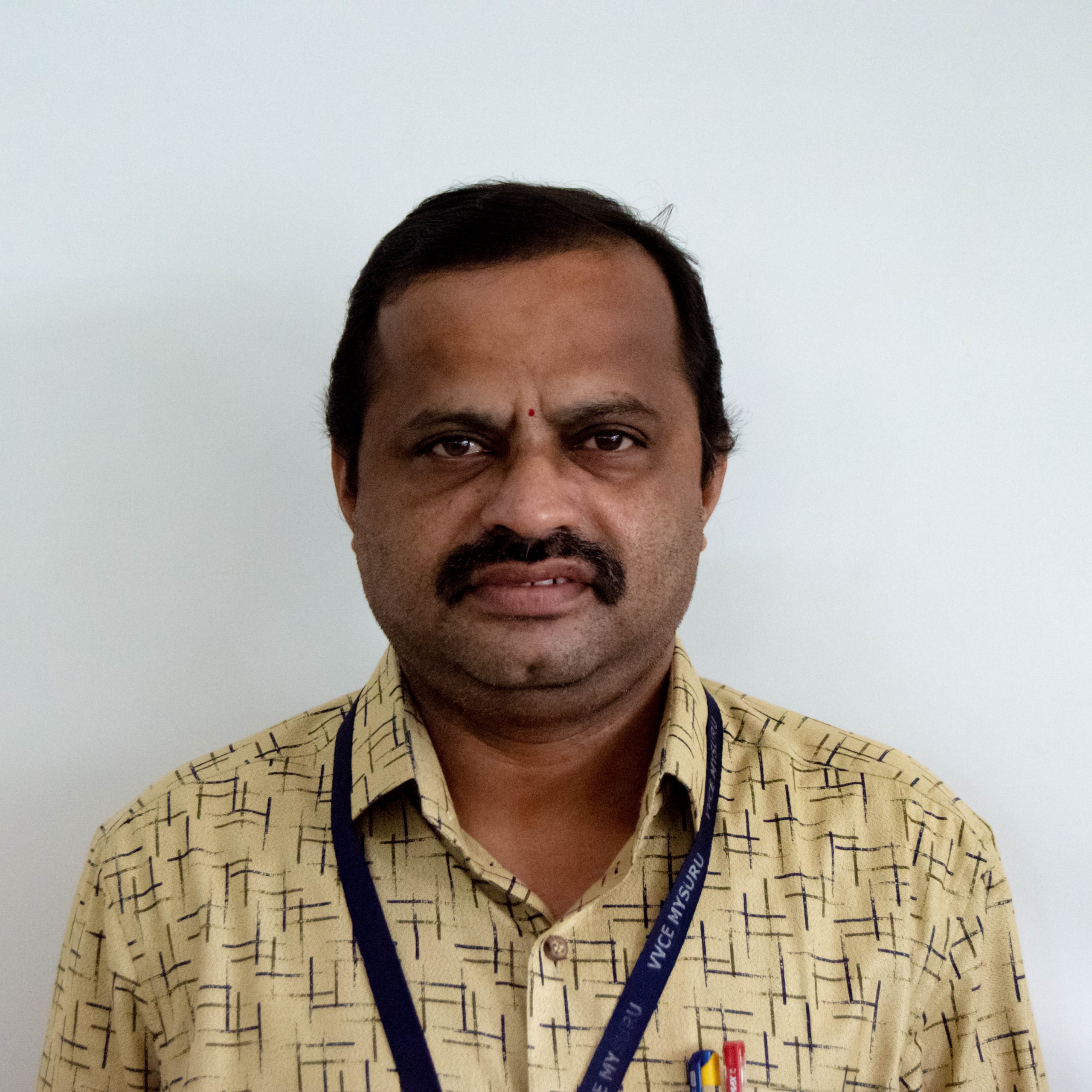
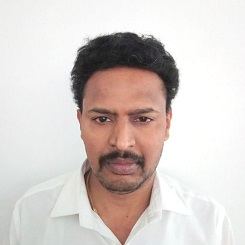
The department has very good infrastructure consisting of two spacious laboratories, HOD’s chambers, staff rooms, departmental library and store room.
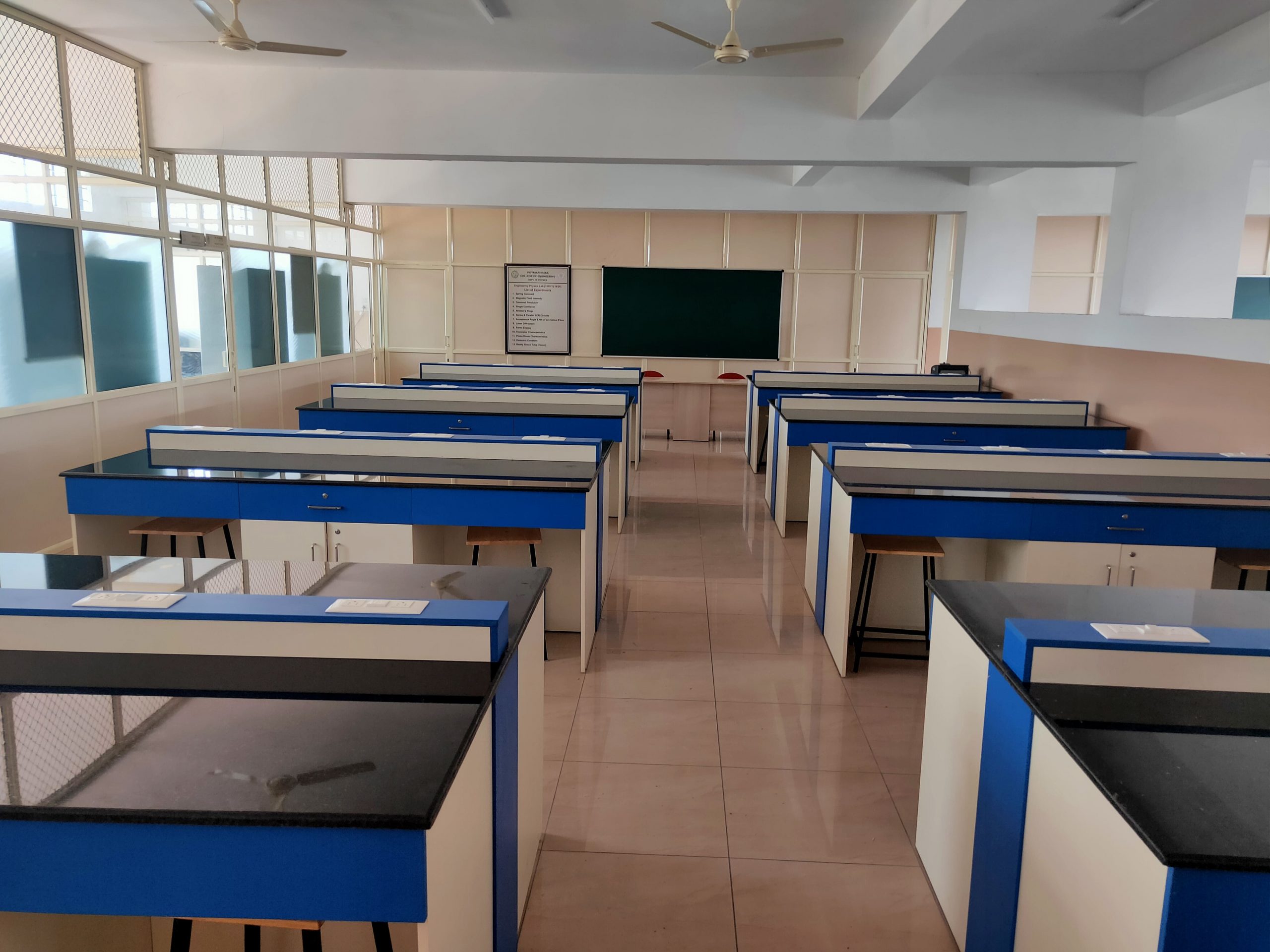
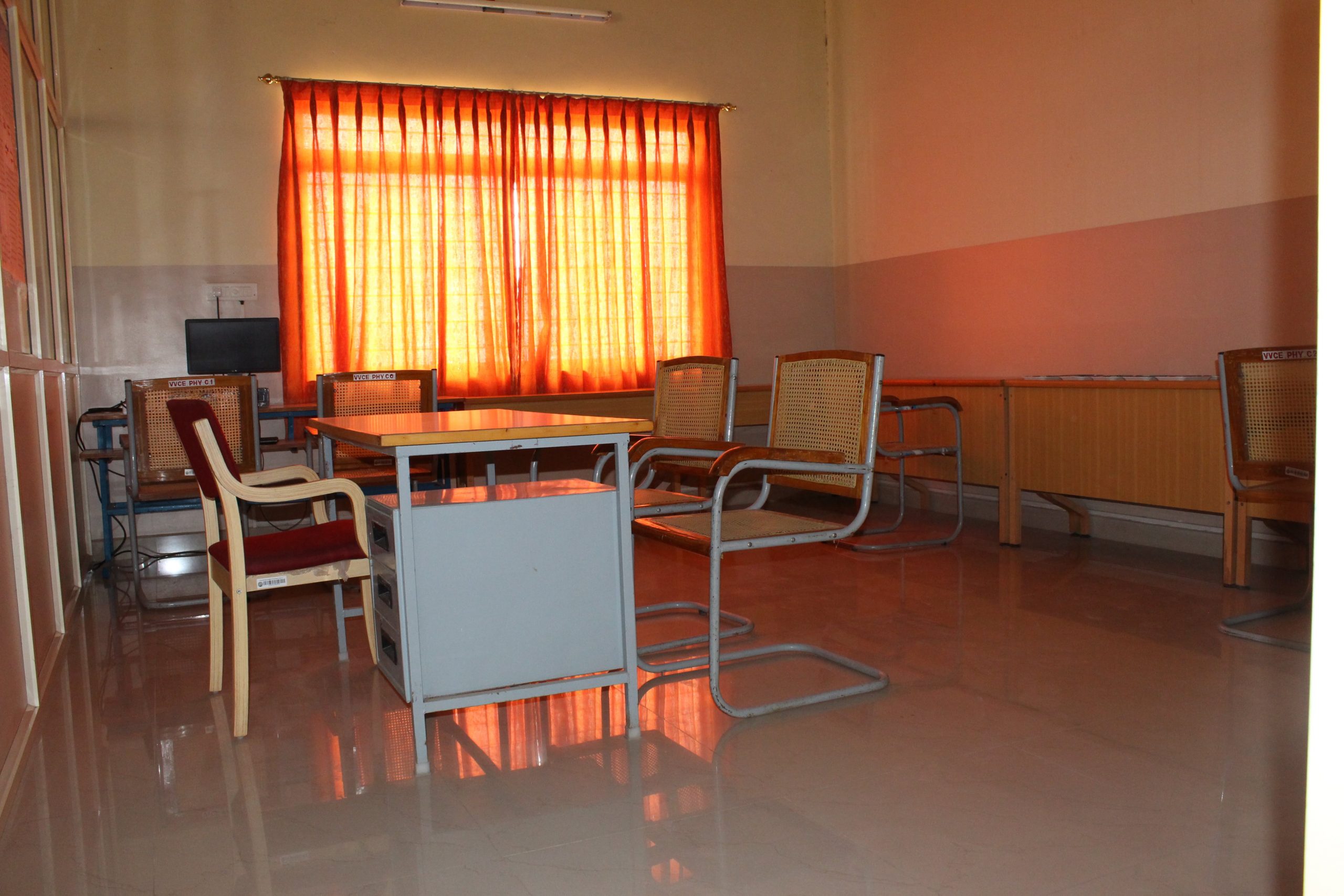
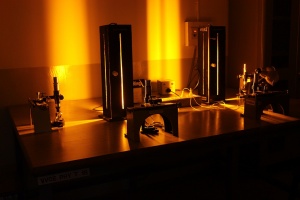
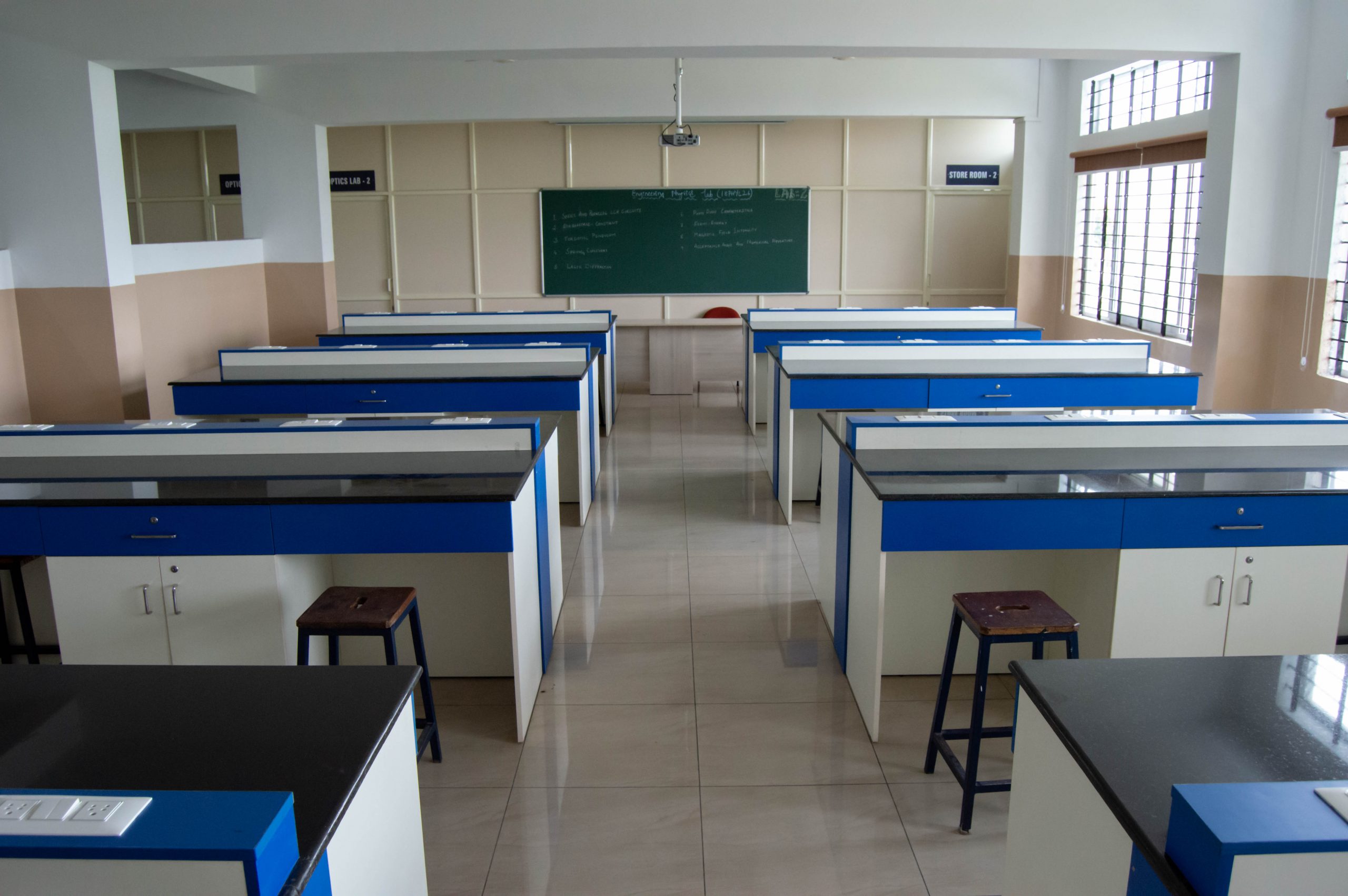
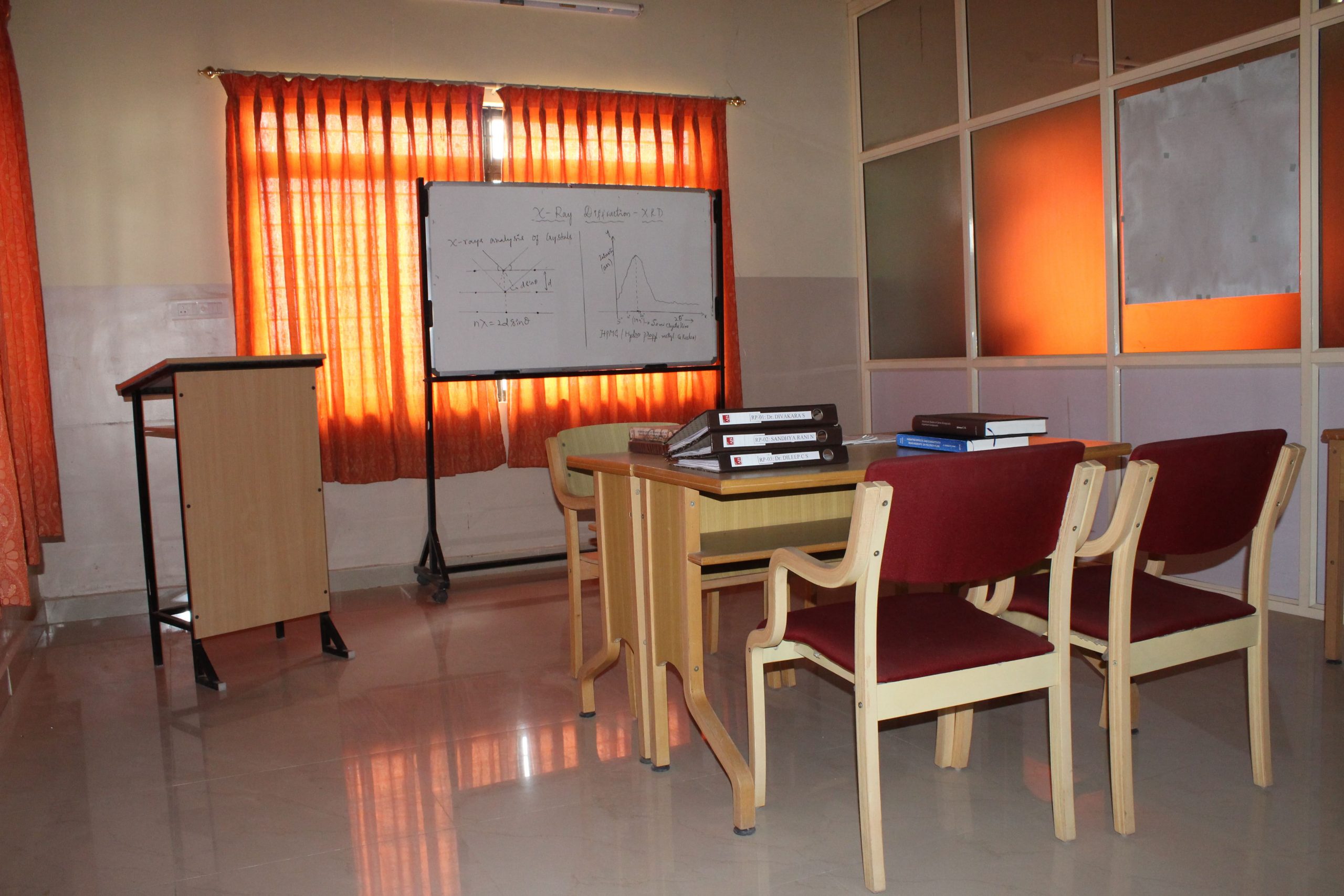
The Department of Physics has very good infrastructure with spacious laboratory, library and research center recognized by VTU (approved in the year 2016). Since then the research center has grown to provide various sample preparation and data characterization facility to the faculty members, research scholars and the students.
Our R & D center has LCR meter facility with accuracy and versatility which makes this precision instruments the ideal choice for many different tasks and applications including passive component design, dielectric material testing and resonant frequency characterization. The Precision Impedance Analyzer is therefore ideal for many demanding tasks. It provides
Precise high frequency impedance measurements
-
- Clear graphic displays
- Impedance (Z)
- Phase angle (θ)
- Capacitance (C)
- Dissipation factor (D)
- Inductance (L) Quality factor (Q)
- Resistance (R)
- Conductance (G)
- Admittance (Y)
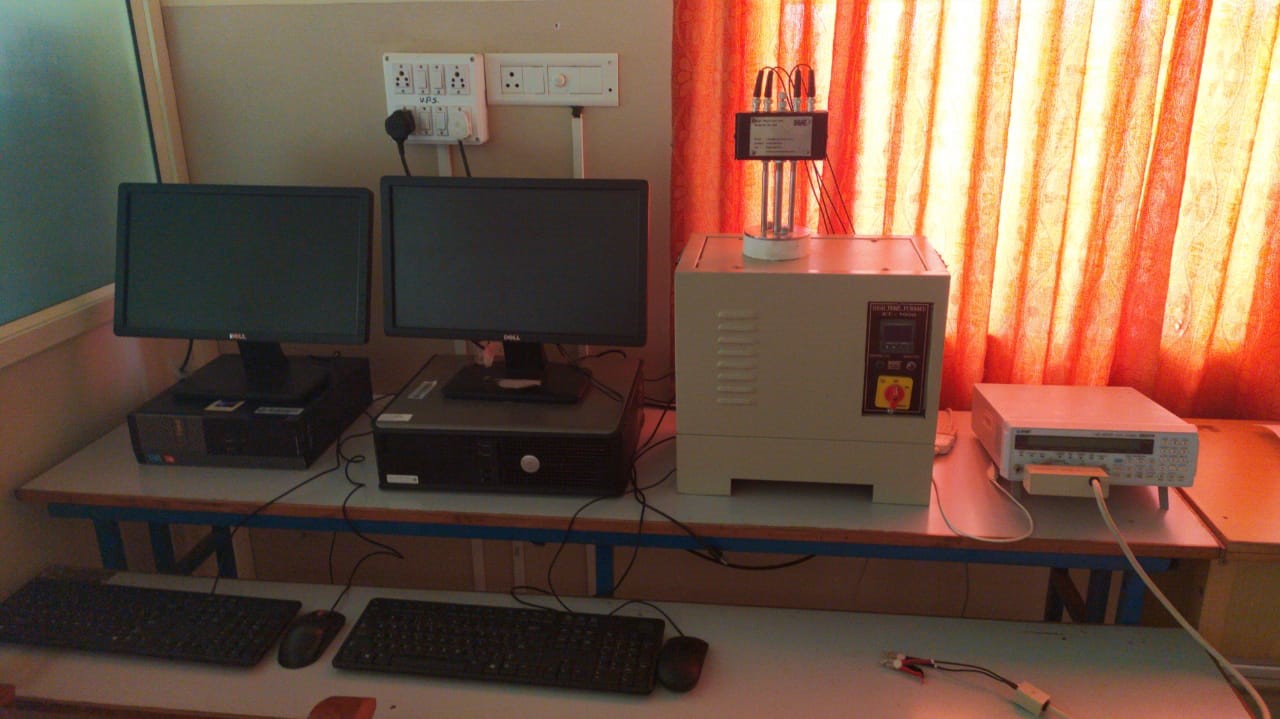
Engineers need to evaluate component characteristics at high frequencies with very high levels of accuracy. Hence the Department of Physics extends this facility to our college students and faculty members at free of cost and reasonable rates for outsiders.
Research Guide and Research Scholar details
| Sl. No | Name of the Guide | Specialization | Name of the Research Scholar | Status |
| 1 | Dr. Divakara S | Material Science | Manju V V | Degree awarded |
| 2 | Dr. N Sandhya Rani | Material Science | J Gopala | Registered |
| 3 | Dr. Dileep C S | Single Crystal | Mohammed Ashraf N Shyabal | Registered |
Papers Published in National / International Journals
Contact us
Get in touch with us. We are always happy to help you out
Conference

KSTA sponsored National Level Virtual Conference on “Recent Advances in Nanoscience and Nanotechnology” on 11-13, Nov 2021.
Technical Talk
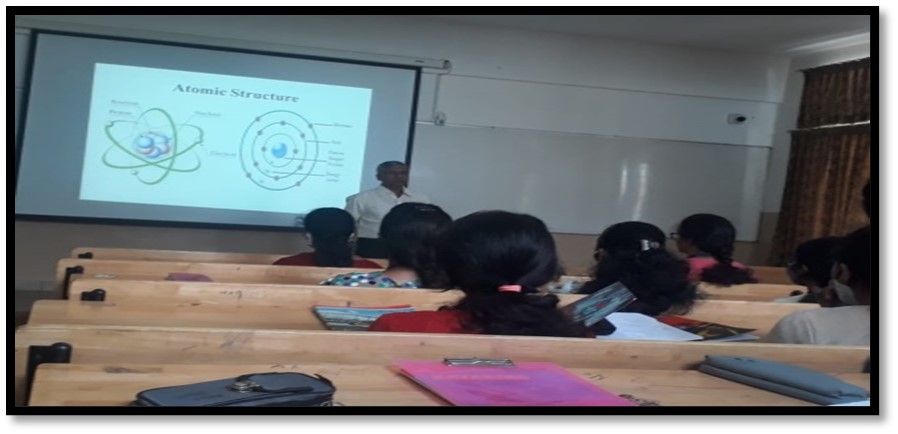
Radiation Effects & their Applications by Dr. J Sannappa(KU) on 19 Mar, 2022
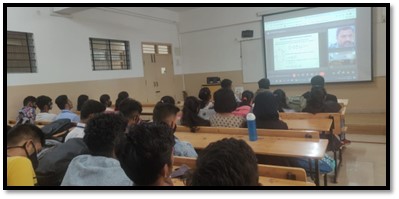
Technical Talk on Understanding Electrical Oscillation using Scilab by Dr. Rajesh (RVCE) on 17 Mar, 2022
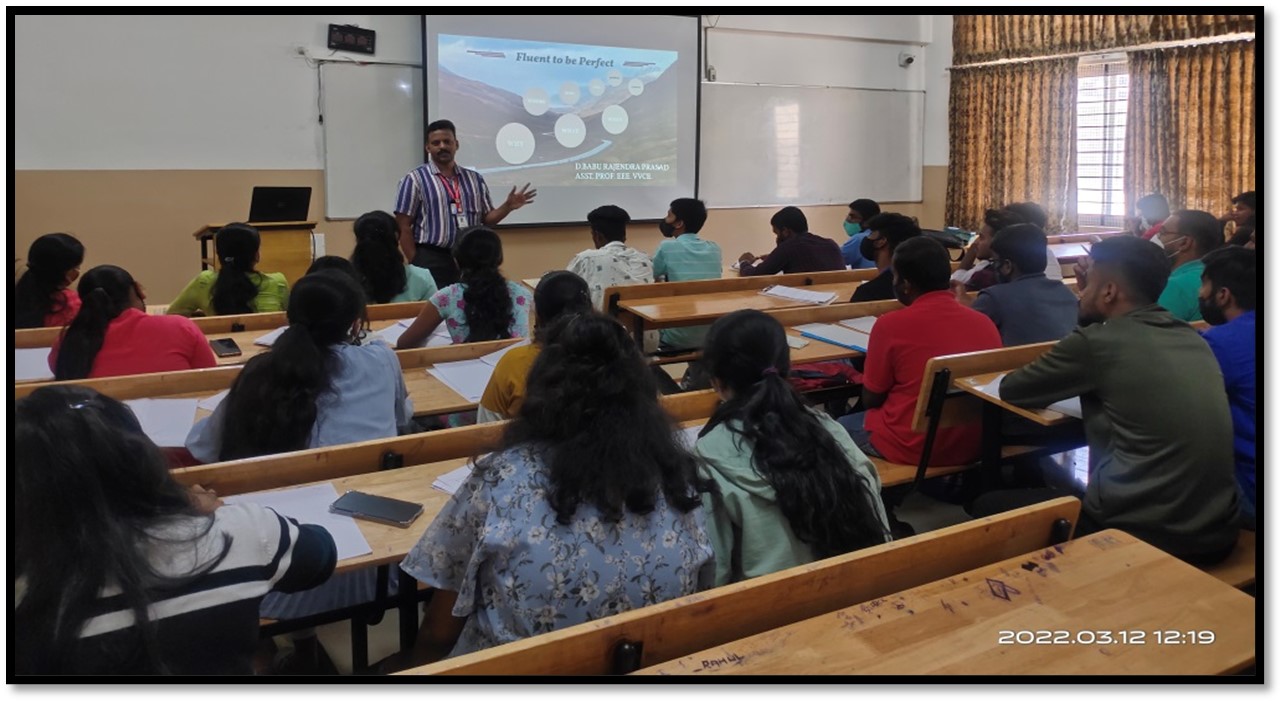
Awareness Programs on Examination Performance (By Mr. Babu Rajendra Prasad on 12 Mar, 2022)
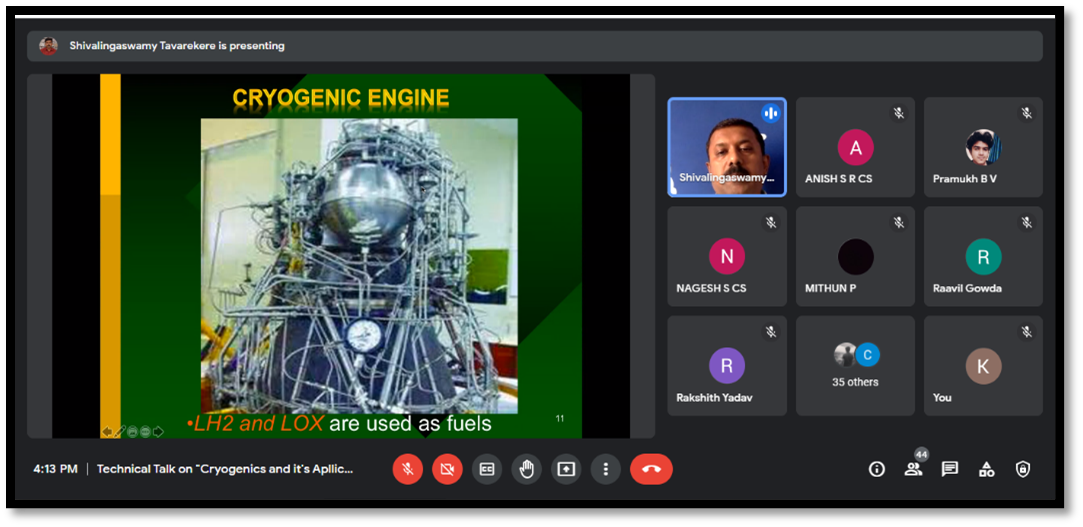
Cryogenic Engine by Dr. T Shivalingaswamy(UOM) on 19 Mar, 2022

A special talk on “Life & Times of Galileo Galilie” in view of 458th birth anniversary of Galileo Galilie (By Dr. S A Mohan Krishna on 17 Feb, 2022)
CET Code: E071 | COMED-K Code: E147 Apply now
